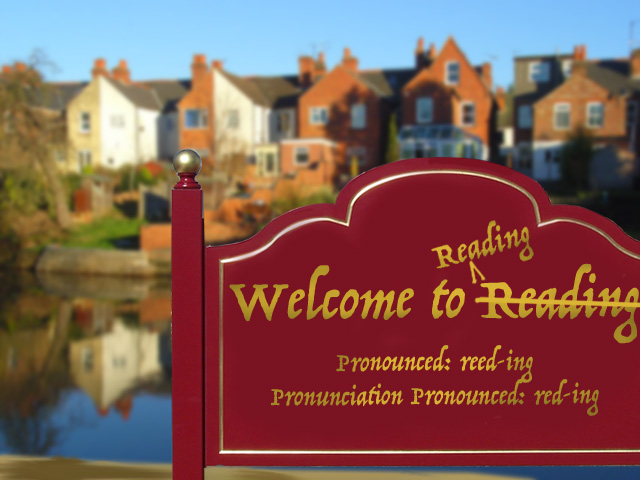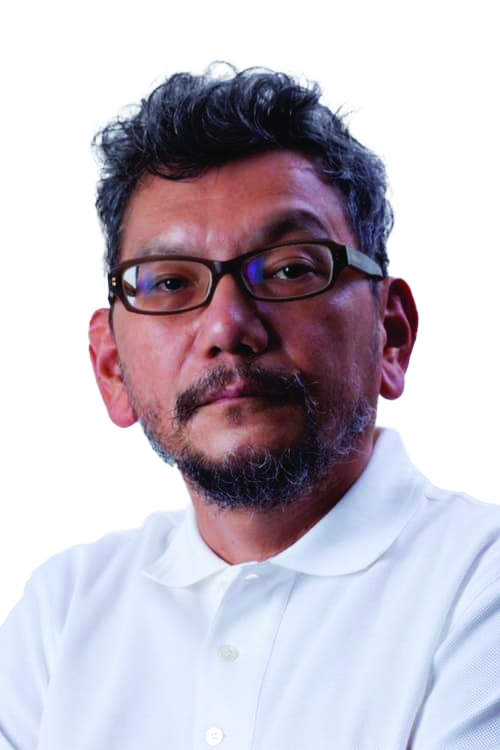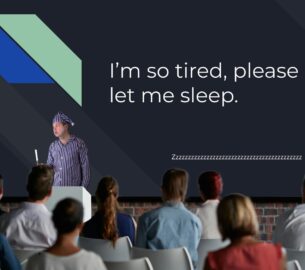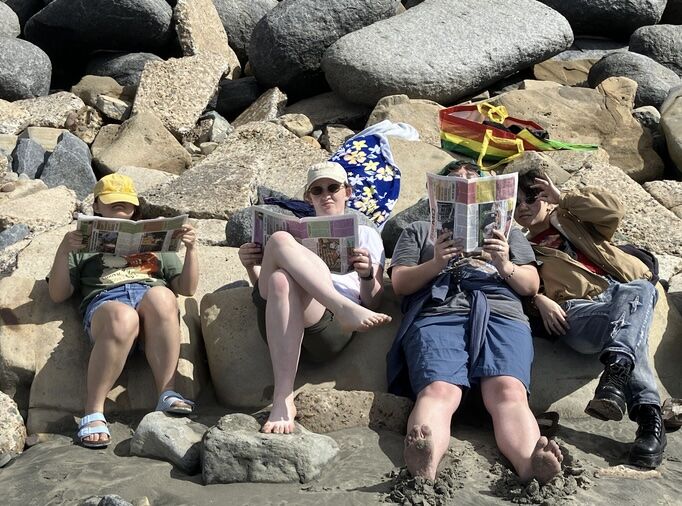
Photo by: Katherine Wood
British historian Donald Wobbley has uncovered evidence that reading was first invented in Reading, England around 2200 BCE.
Since 1927, it has been widely known that the first known author was Enheduanna, a Sumerian High Priestess. But after examining ancient calcite disks buried beneath a McDonald’s in Reading, Wobbley asserts that the act of reading was invented by another legendary figure named Leaffru Reading.
“Now, there is evidence that Enheduanna understood what she wrote down,” Wobbley clarified at the Dig Mac Archaeological Conference, held inside the McDonald’s above where Wobbley excavated his findings. “But everybody else was just kind of drawing symbols and didn’t understand why. It just felt oddly fulfilling, I guess.”
According to the ancient calcite disks, Leaffru Reading was a scribe under Enheduanna, and wrote down everything she said. It is said that once, when Leaffru was reading what he wrote down, another assistant came up and asked, “What are you doing?” Leaffru mistakenly thought the assistant asked “Who are you?” to which he responded, “I’m Reading.” Thus the term for reading was invented.
Other historians have argued that Reading, England is not even remotely close to Mesopotamia, where Enheduanna lived. Wobbley countered, “Yeah, but, you know, the Pangea thing and continental drift and all that.” He then covered the microphone and muttered that “maps are all conspiracy theories anyway.”
Mayor Edgar Diddle of Reading addressed the momentous finding at a recent press conference. He announced that until now, he nor any other historian ever understood why Reading, England was pronounced like “redding,” despite being spelled like “reading”.
“We thought it was a ye olde typo,” explained Diddle. “A lowercase ‘d’ can look like a lowercase ‘a’ if written sloppily. So we never argued with it. And we never bothered to change Reading’s spelling, either, because tourists see it on the map and think, ‘Reading? I like to read!’ It’s the only way we make tourism revenue.”
Mayor Diddle has scheduled a city council meeting this week to determine whether or not to change Reading’s pronunciation to “reading.”
Historian Jennifer Buckeral, a colleague of Wobbley’s, appeared dazed and confused throughout the entire press conference. She then respectably pointed out that Wobbley’s discovery didn’t make any sense.
“Wait, so- is Leaffru Reading’s name pronounced ree-ding? or red-ding? And is this why ‘read’ in past tense is pronounced like ‘red’, but Reading is pronounced like ‘red-ding’ instead of present tense ‘reading’? I’m so confused guys. I failed freshman English.”
Despite the controversy surrounding Wobbley’s discovery, Mayor Diddle states assuredly that the finding will boost Reading’s recognition and pride.
“The discovery will probably make the pronunciation issue a lot simpler,” said Diddle. “What Leaffru Reading read determined how reading reads in the written language, and Reading, being the place where reading was invented, will be said and read like we’re reading Reading. It’s really not that difficult.”
Written by: Lauren Kirkbride








